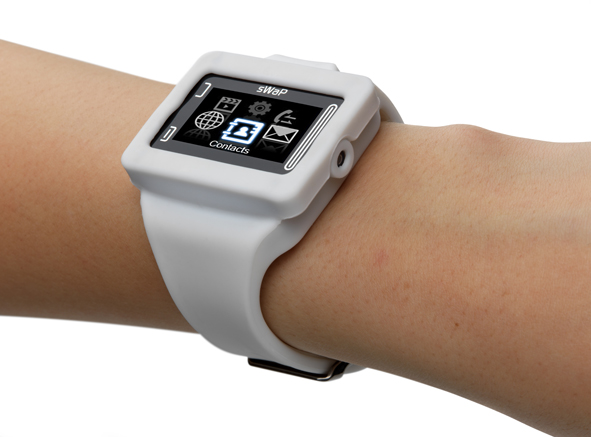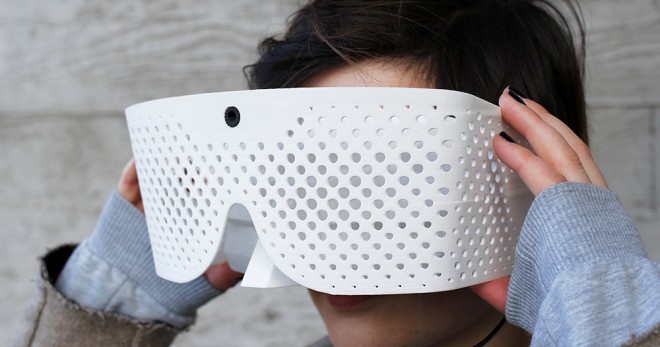Believe it or not, in 1895 Swiss watchmaker built a watch that could verbally tell you the time based on Edison’s relatively recent innovation of the phonograph.
From: http://paleofuture.gizmodo.com/talking-watches-of-1895-512625744 “Mr Sivan, a watchmaker of Geneva, appears to have succeeded in giving this temporary power of speech to an ordinary pocket-watch. It contains a phonograph disc made of vulcanised rubber having forty-eight grooves which correspond to the twelve hours and thirty-six quarters. If the button — which is similar to that of a repeating-watch — is pressed, the rubber disc starts rotating and a stylus, following the mounds and dales of the grooves, starts vibrating. It then transfers these vibrations to a membrane which converts them into sounds: ‘twelve o’clock,’ ‘quarter past twelve,’ and ‘half past twelve’ and so on, says the watch, reproducing the human voice.”
Dick Tracy’s famous wristwatch communicator fueled millions of children’s crime fighting fantasies in the 40s. 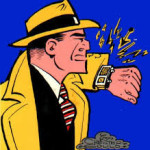
In 1979 we see “Risto” as a crime fighting watch communication device.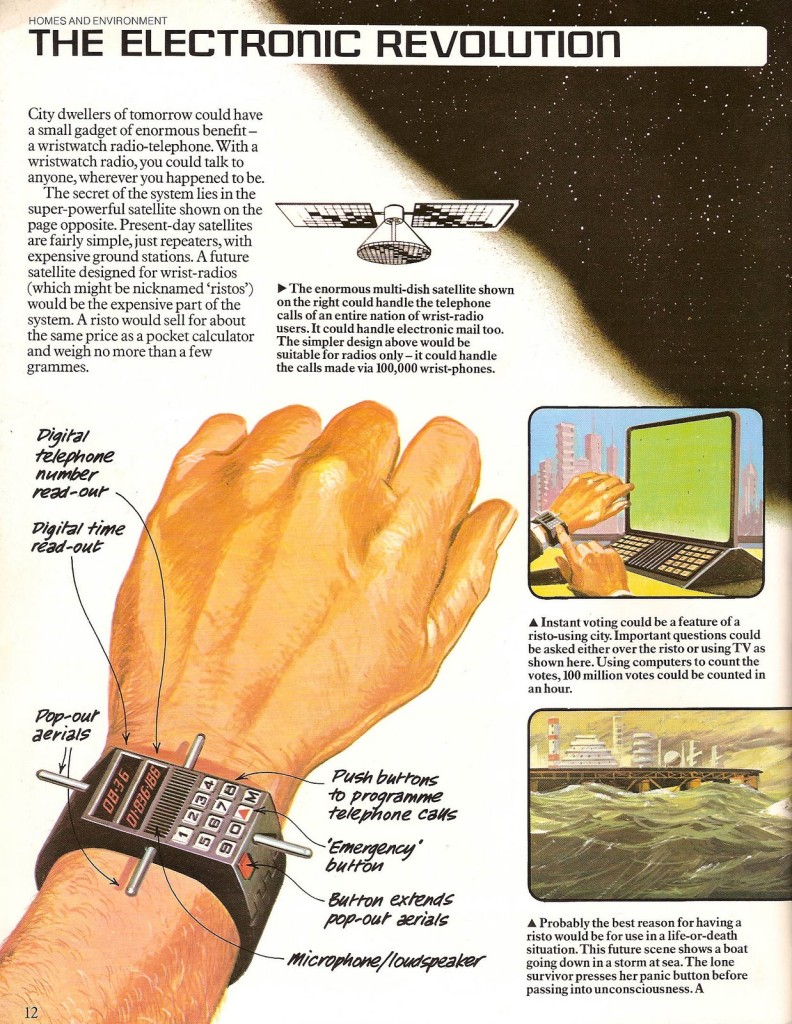
In 1983, Casio released the calculator watch
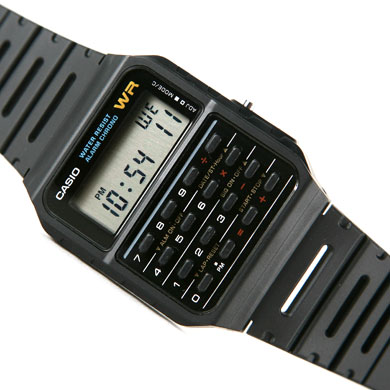
In 2009, LG released the GD910 watch phone with the optimistic tagline, “Wear the future on your wrist!”
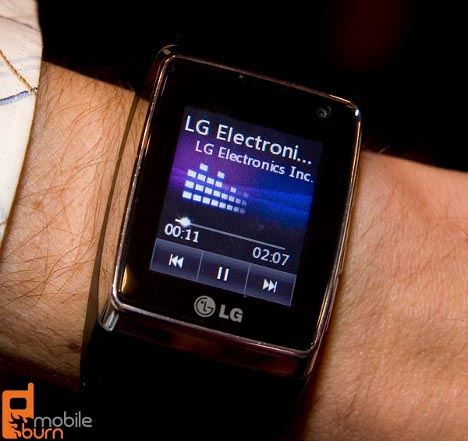
And most recent we have things like the Swap and Pebble
But after 118 years of so-called “smart” watches, who do you know who owns a smart watch today? Not many people. So why do generations of people continue to swoon for these kinds of devices? Because a). they fulfill a basic human need of connection with others and b). they feel like a part of our bodies. Smartphones, despite hold closely we carry them and how often we check them, are still blocks of metal and glass in our hands that require us to deduce our physical capabilities to use. When you have a phone in your hand, there are some things you just can’t do well. Like pushups. Or trying on clothes. Or driving (you know who you are…).
But smart watches haven’t really become any smarter over the years because we’ve yet to see true innovation in this space. When Henry Ford was building the first cars, he didn’t build what people said they wanted people wanted (ie. faster horses). It’s a bit the same today with wearables. The idea of not having to control an experience with an obstruction in your hands is novel and possibly something that people don’t yet know they need. Having the experience of seeing, touching and tapping without our hands being occupied changes daily life dramatically. And although some wearables today will just extend push notifications from your phone others will intend to replace your wallet and your phone:http://www.thesmartwatchreview.com/emopulses-the-smile-aims-to-be-more-than-just-a-smartwatch/
And some experimental wearables even propose to give the wearer superhuman powers like the ability to slow down and speed up vision, isolate sounds in crowded areas, etc.
But the bigger picture here is that devices like these will allow you to interact more freely with the physical world around you. And this means that big data mapping and personalized optimization that today brings amazing experiences to us on the Internet will extend throughout our daily lives offline too.
Specific to retail, having free hands but the ability to interact easily with product through digital means opens up tremendous creative customer experiences. With the trend in making stores more of an omnichannel experience, these devices will play a key role. But do the retailers need and want to wait until smart watches are ubiquitous? Or will they start to consider investing in giving innovative devices to customers in store if they create meaningful data that can be used to optimize sales? If I was one of these early stage companies trying to promote this experience, I could think of no better place to have the public fall in love with the device than in a retail setting.
Perhaps we have yet to see the Henry Ford of smart watches emerge. Can Apple’s over-rumored iWatch fit that bill? Perhaps we’ll see in the fall.
I see many future partnership between physical store retail and device innovators and manufacturers. What would you do with a smart watch in a store?
